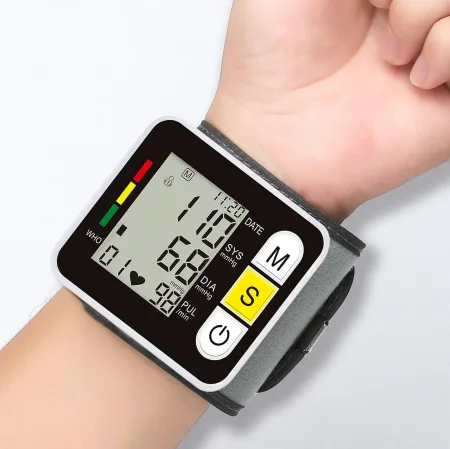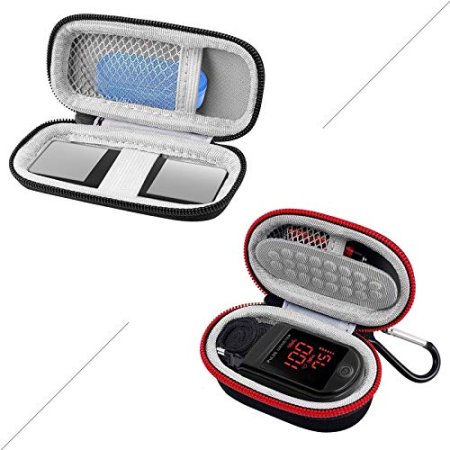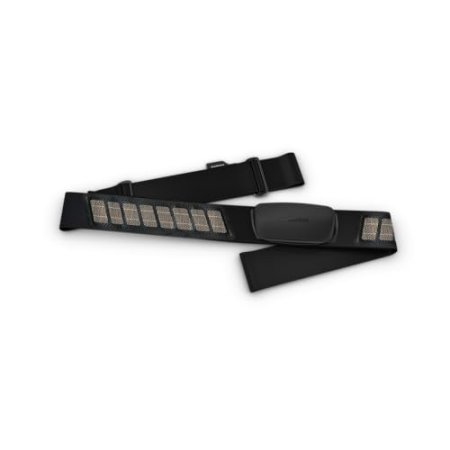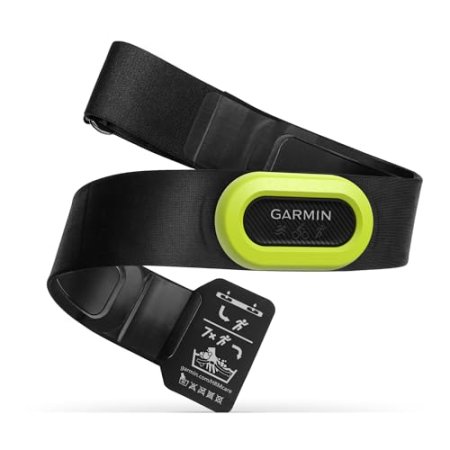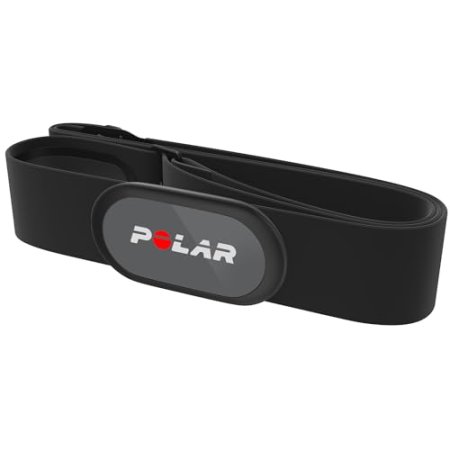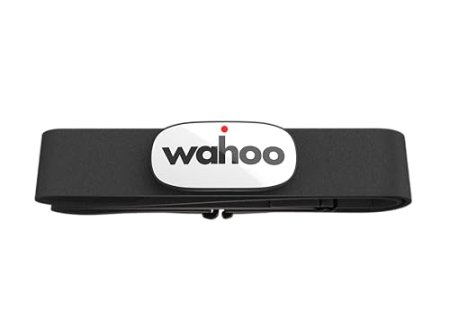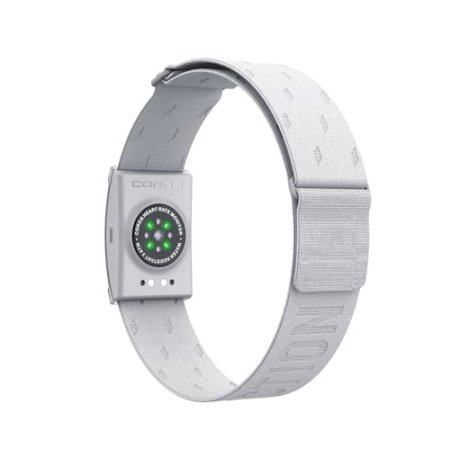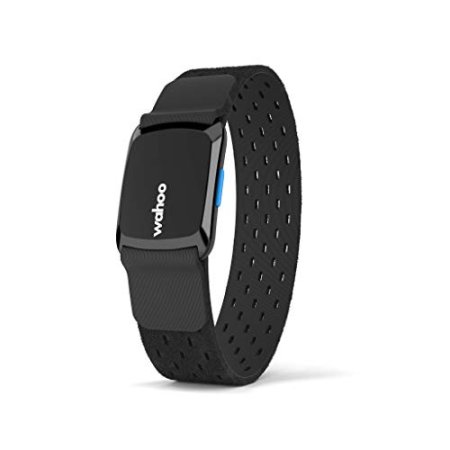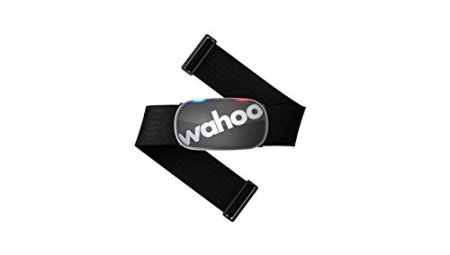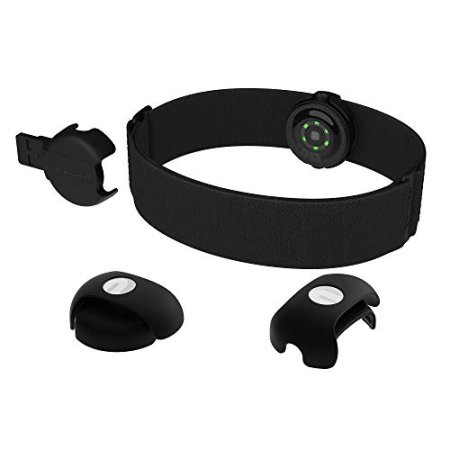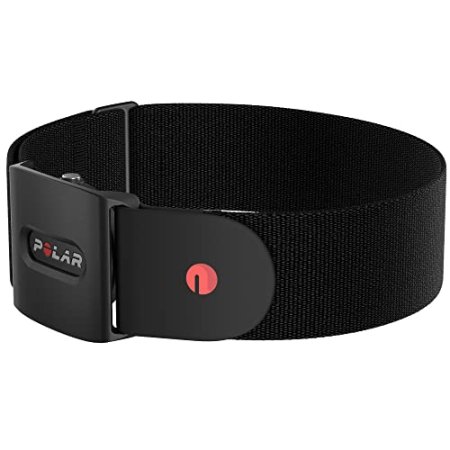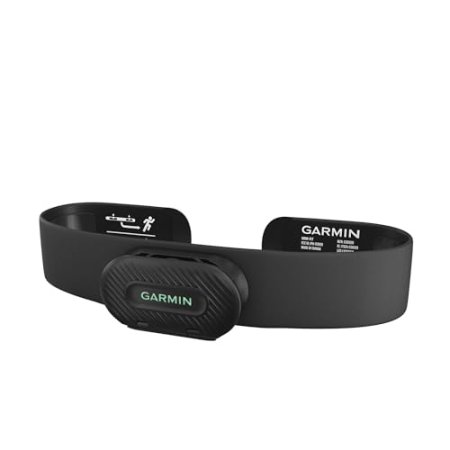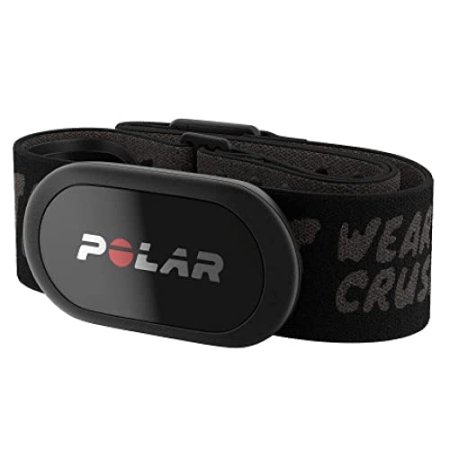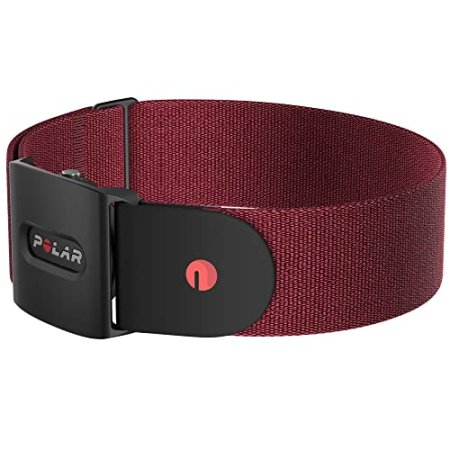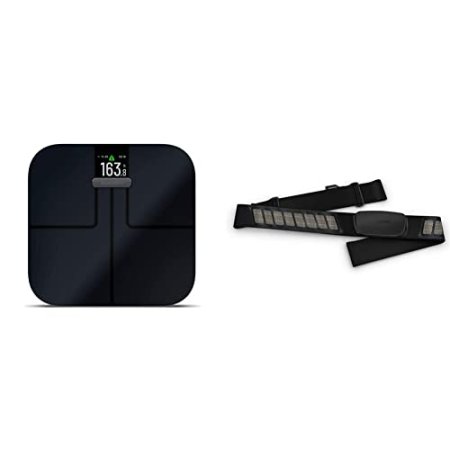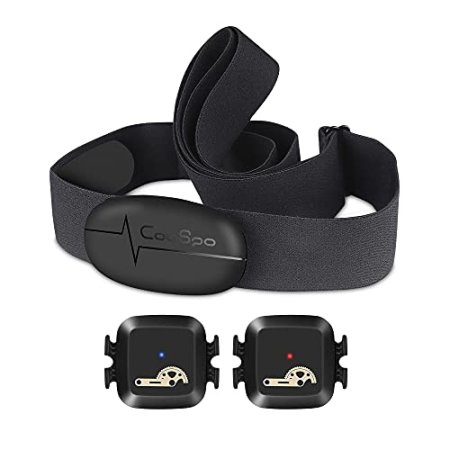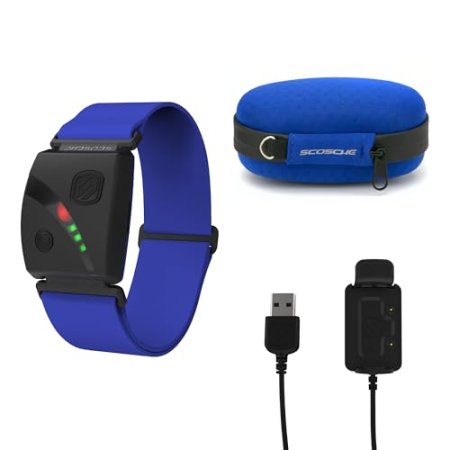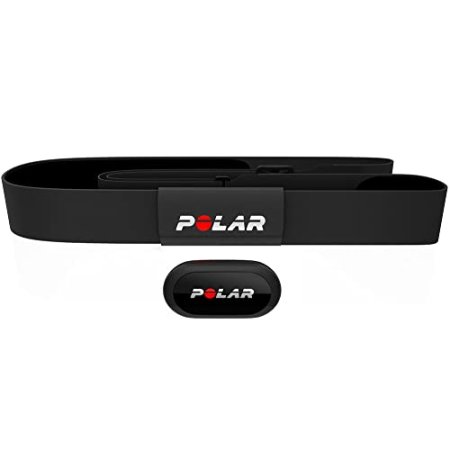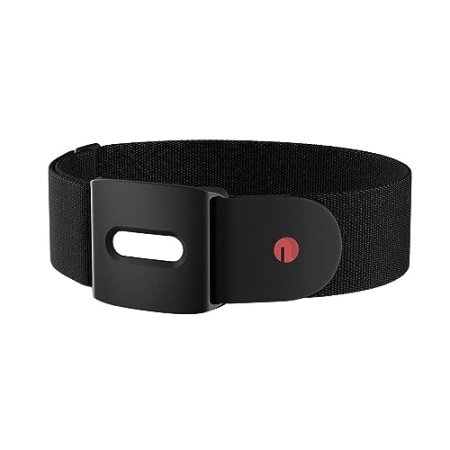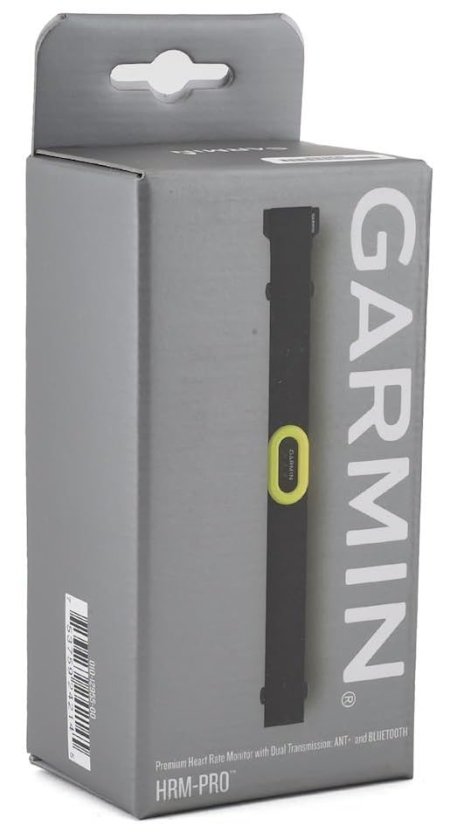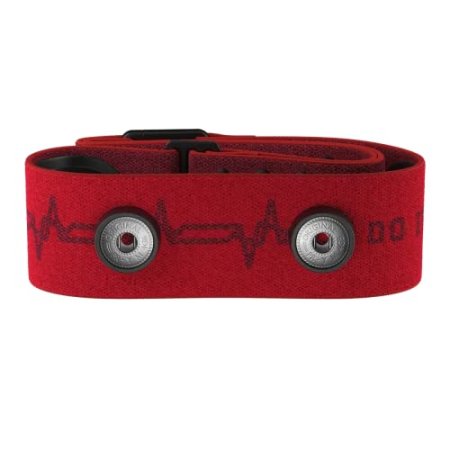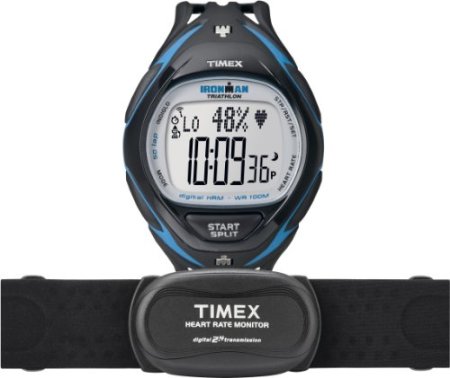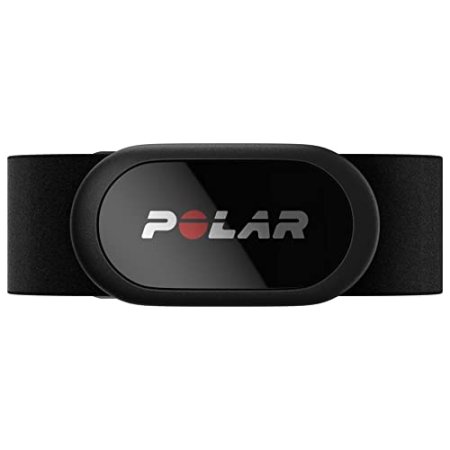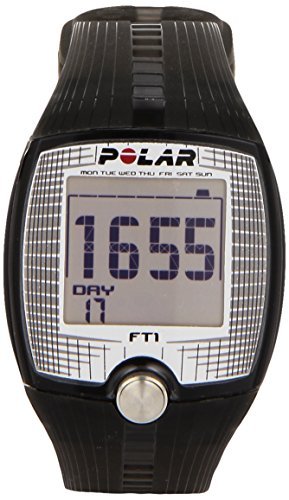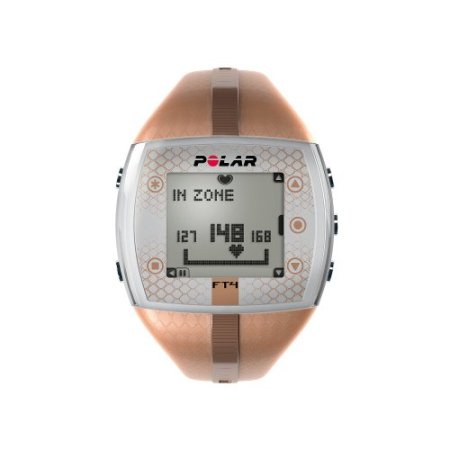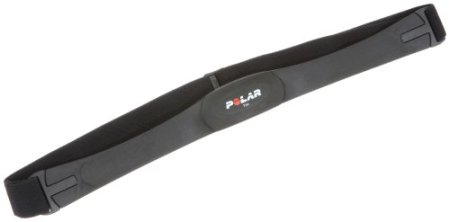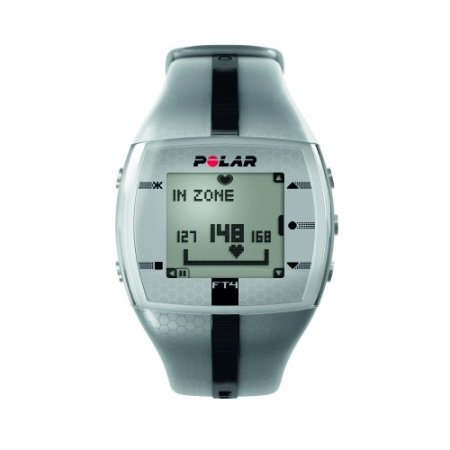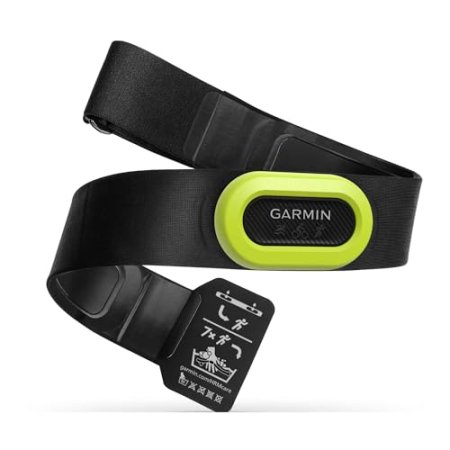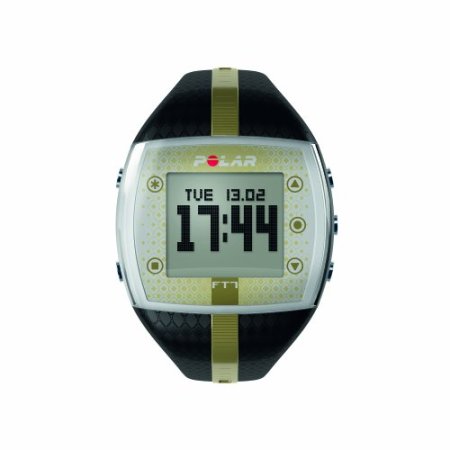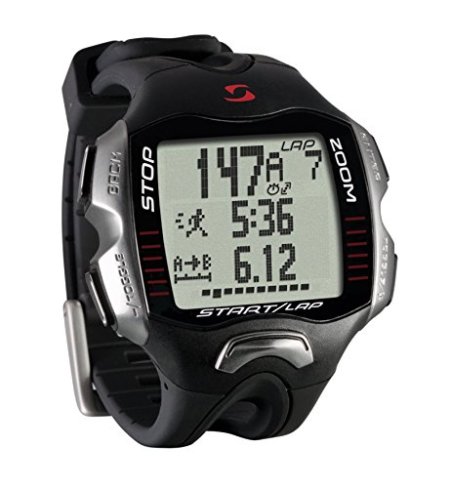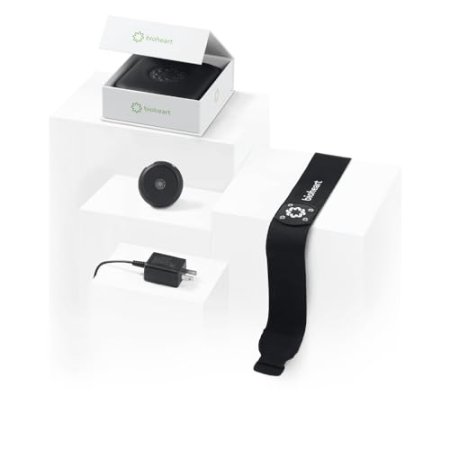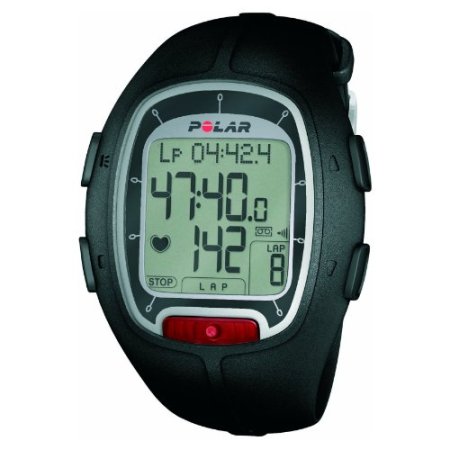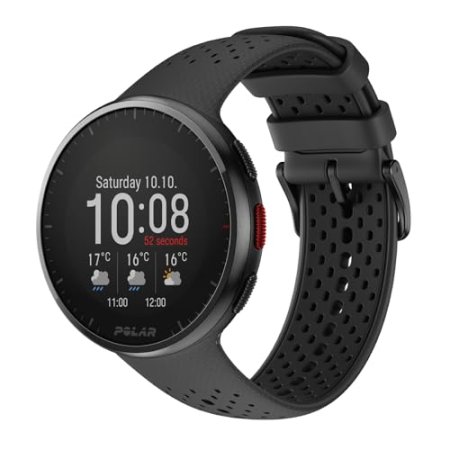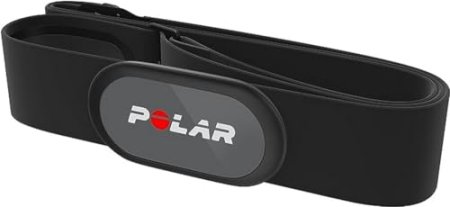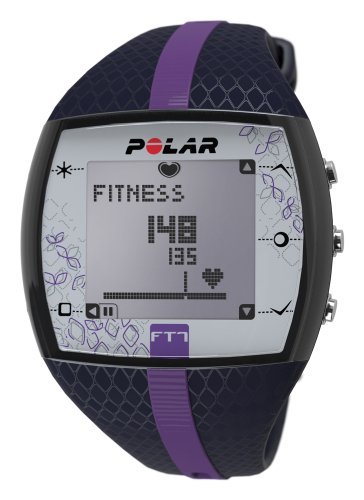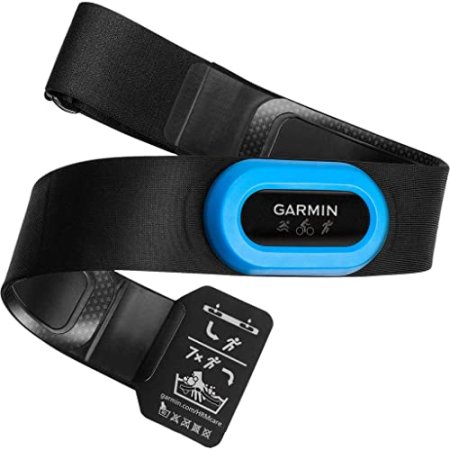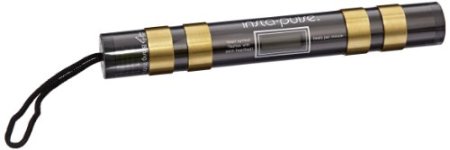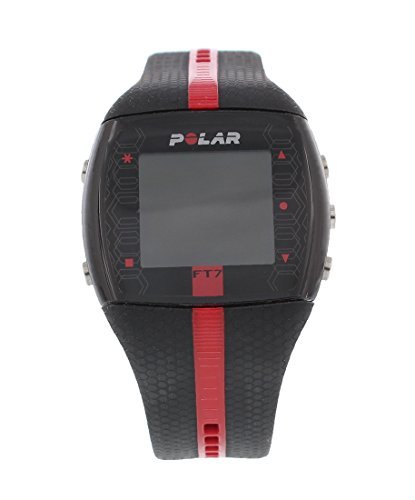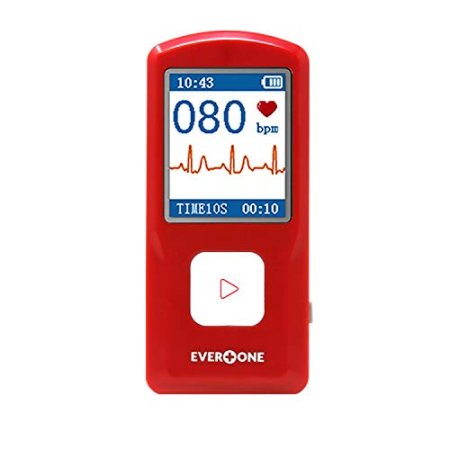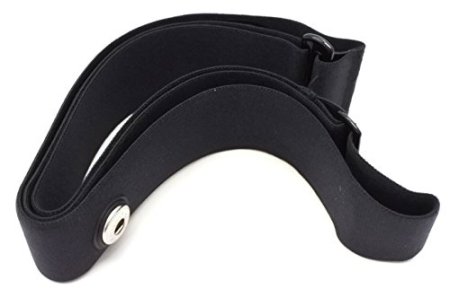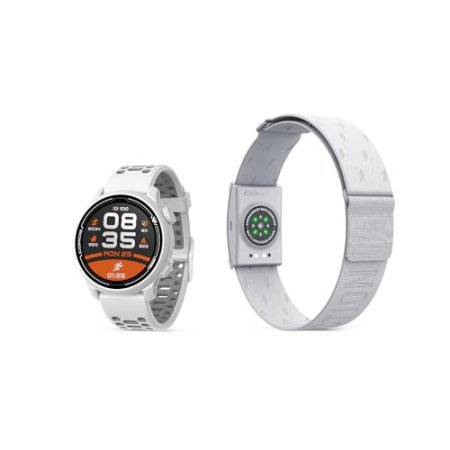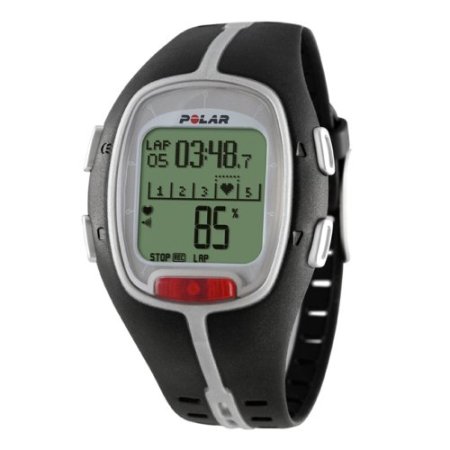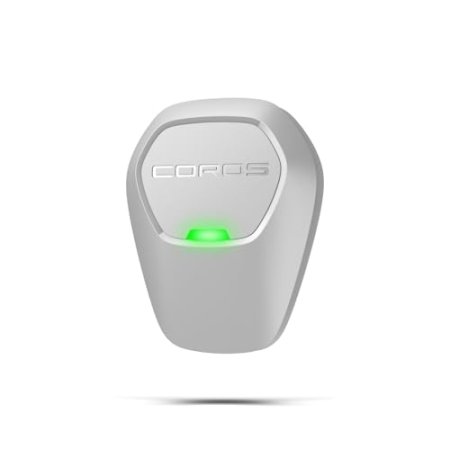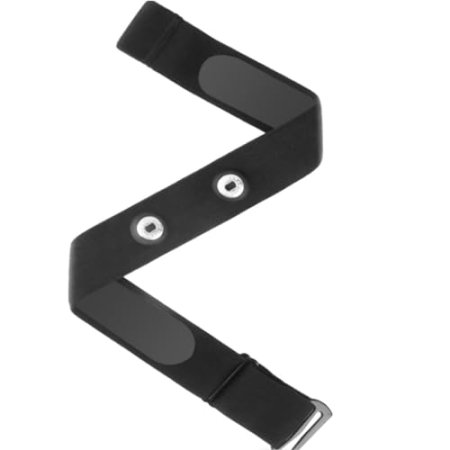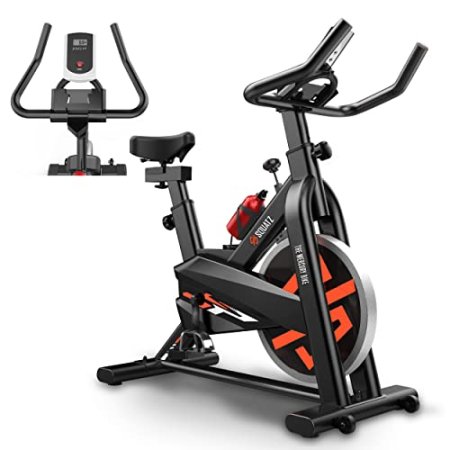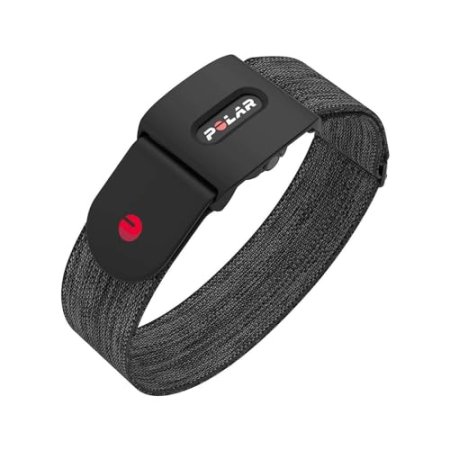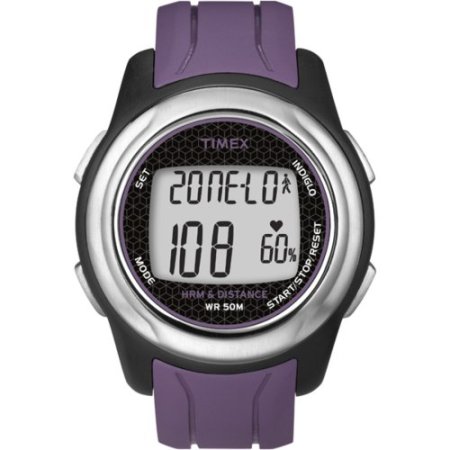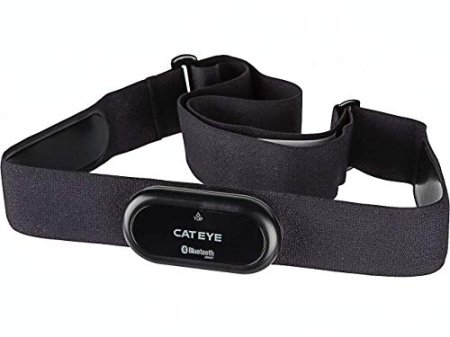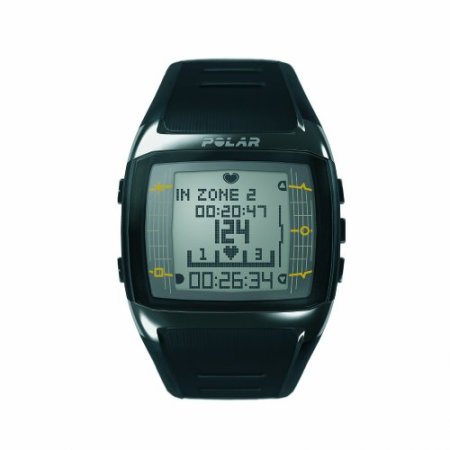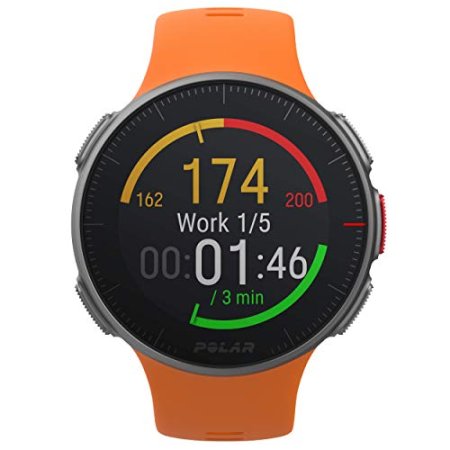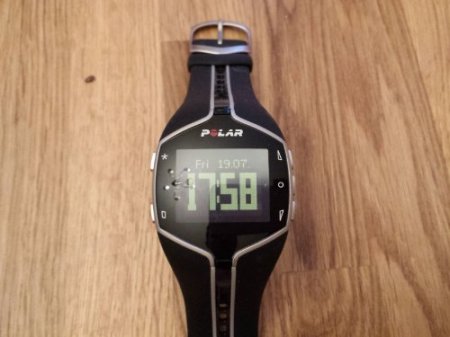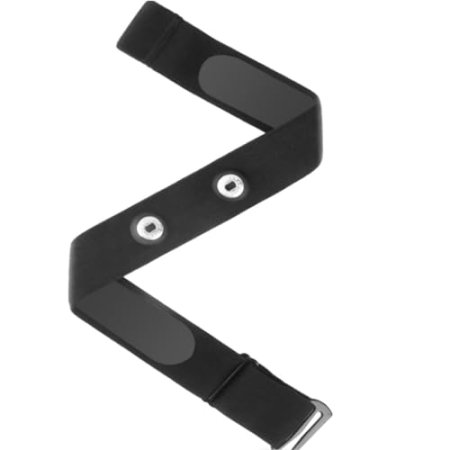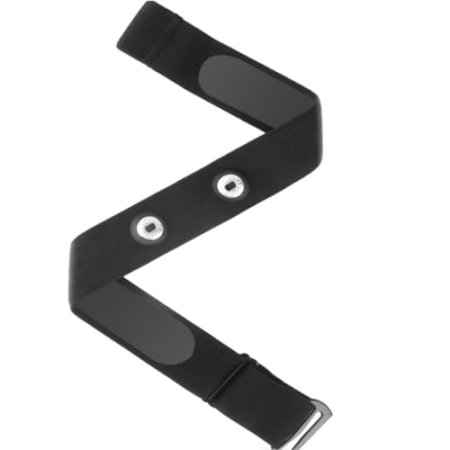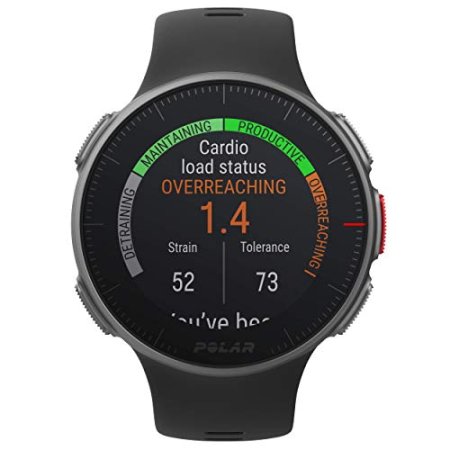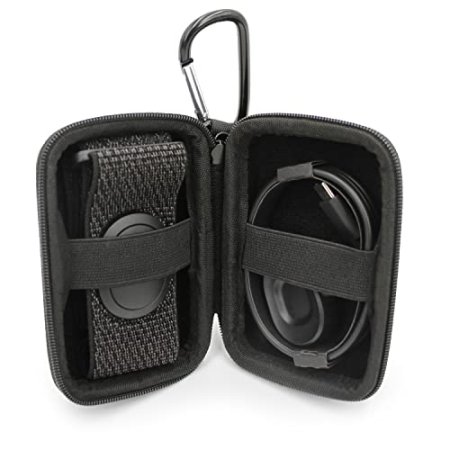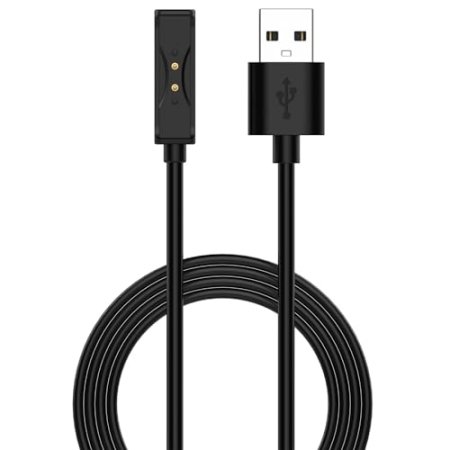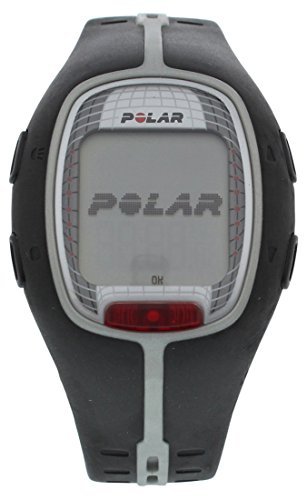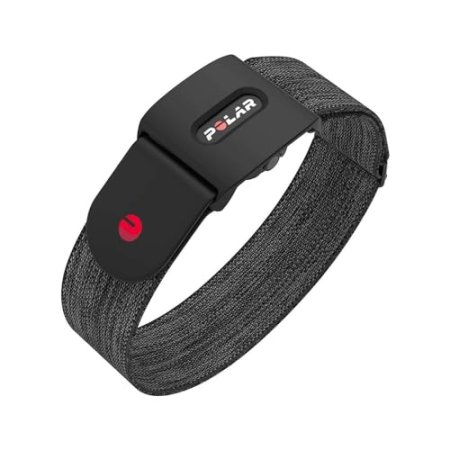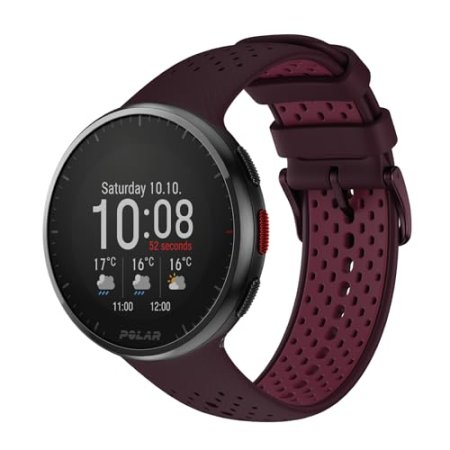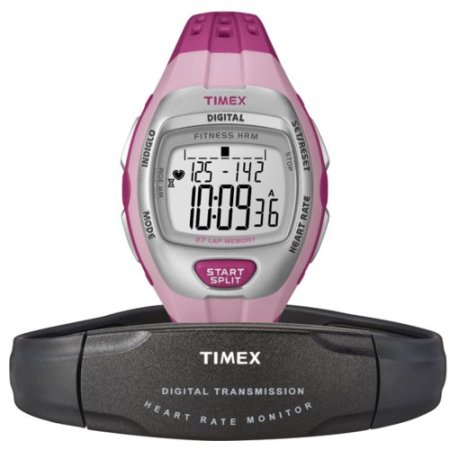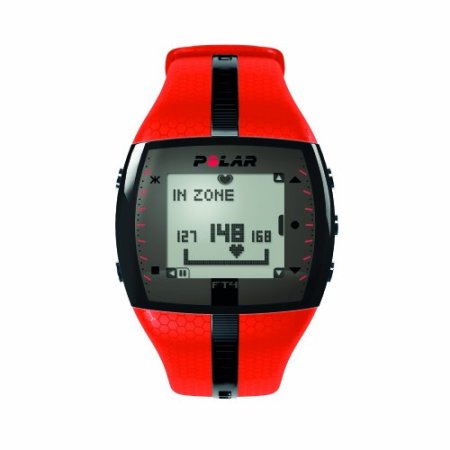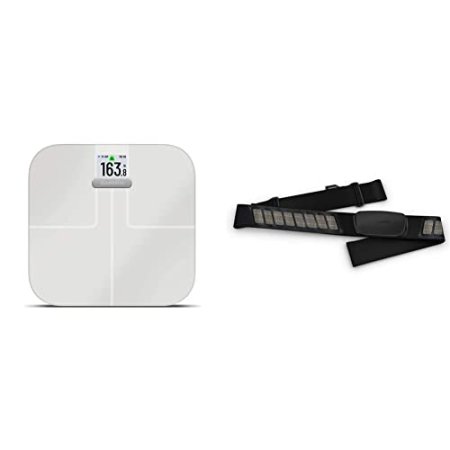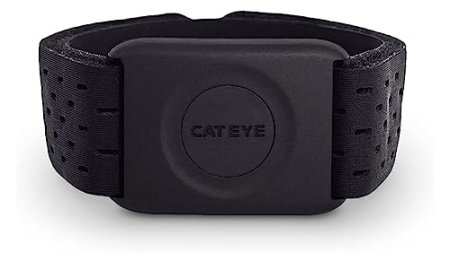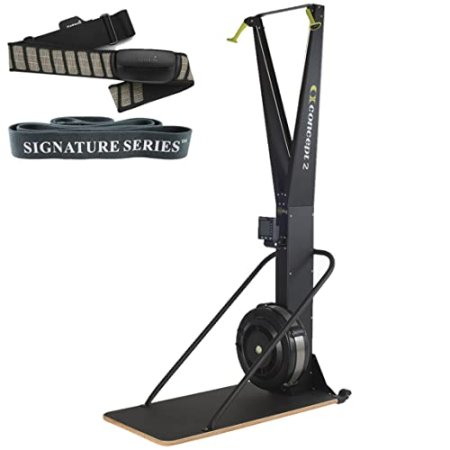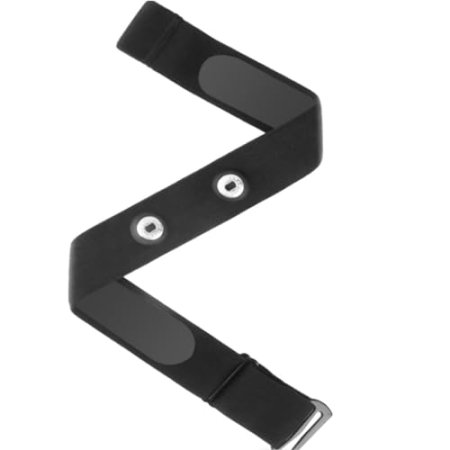Heart rate monitors have become indispensable tools for fitness enthusiasts and health-conscious individuals. These devices provide crucial insights into your cardiovascular health, helping you optimize workouts, track progress, and make informed decisions about your fitness routine.
Types of Heart Rate Monitors
Chest Strap Monitors
Chest strap monitors are known for their accuracy in measuring heart rate. They use electrodes to detect heartbeats, which are then transmitted to a paired device. These monitors are ideal for high-intensity workouts and detailed heart rate tracking.
Wrist-Based Monitors
Wrist-based monitors are convenient and easy to use, offering heart rate readings directly from your wrist. They use optical sensors to detect blood flow, making them suitable for everyday use and casual workouts.
Optical Sensors
Optical sensors are a type of wrist-based monitor that uses light to measure blood flow and heart rate. They provide a non-invasive and comfortable way to track your heart rate, although they may be slightly less accurate than chest straps.
Hybrid Models
Hybrid models combine features of both chest straps and wrist-based monitors. They offer the accuracy of chest straps with the convenience of wrist-based tracking, catering to a wide range of user preferences.
Key Features to Look For
Accuracy and Reliability
Accuracy is paramount in heart rate monitoring. Look for devices with proven reliability and positive user reviews to ensure precise readings.
Heart Rate Zones
Devices that track heart rate zones help you optimize your workouts by providing data on different intensity levels, such as fat-burning and cardio zones.
Connectivity (Bluetooth, ANT+)
Connectivity features like Bluetooth and ANT+ allow seamless data transfer between the monitor and your smartphone or fitness app.
Battery Life
Consider the battery life of the monitor. A longer battery life reduces the need for frequent charging, enhancing convenience during long workouts.
Additional Metrics
Some monitors offer advanced metrics such as VO2 Max and recovery time. These features provide deeper insights into your overall fitness and recovery.
Compatibility with Fitness Apps
Ensure the monitor is compatible with popular fitness apps for tracking and analyzing your data effectively.
Benefits of Using Heart Rate Monitors
Enhanced Workout Efficiency
By monitoring your heart rate, you can adjust workout intensity to maximize effectiveness and achieve better results.
Improved Cardiovascular Health
Tracking heart rate helps you maintain optimal exercise levels for improving cardiovascular health and endurance.
Real-Time Feedback and Motivation
Heart rate monitors provide real-time feedback, helping you stay motivated and make immediate adjustments to your workouts.
Better Recovery Monitoring
Accurate heart rate data aids in monitoring recovery and preventing overtraining by providing insights into your body’s response to exercise.
Popular Heart Rate Monitors
Polar H10
The Polar H10 is renowned for its high accuracy and compatibility with various fitness apps. Its chest strap design ensures reliable heart rate monitoring, making it a top choice for serious athletes.
Pros: Excellent accuracy, comfortable fit
Cons: Requires chest strap
Garmin Forerunner 945
The Garmin Forerunner 945 offers advanced metrics, GPS, and multisport tracking, making it ideal for serious athletes seeking comprehensive performance data.
Pros: Comprehensive features, great for serious athletes
Cons: Higher price point
Apple Watch Series 8
The Apple Watch Series 8 combines heart rate monitoring with a range of smart features, including ECG and GPS, making it a versatile option for iOS users.
Pros: Versatile smartwatch, integrates with iOS
Cons: Expensive
How to Choose the Right Heart Rate Monitor
Define Your Needs and Goals
Identify what features are most important based on your fitness goals, such as accuracy, additional metrics, or smart features.
Compare Features and Specifications
Evaluate different models based on features, accuracy, battery life, and compatibility with your devices.
Consider Budget
Determine your budget and find a monitor that offers the best value for your money, balancing cost and features.
Read User Reviews and Ratings
Check user reviews and ratings to get insights into the reliability and performance of different models.
Check for Compatibility with Existing Devices
Ensure the monitor integrates well with your existing fitness devices and apps for seamless data tracking.
Heart rate monitors are powerful tools that provide valuable insights into your cardiovascular health and fitness progress. By choosing the right monitor, you can enhance your workout efficiency, track progress accurately, and maintain a healthy lifestyle. Explore various options, consider your personal needs, and select a monitor that aligns with your fitness goals for optimal results.


